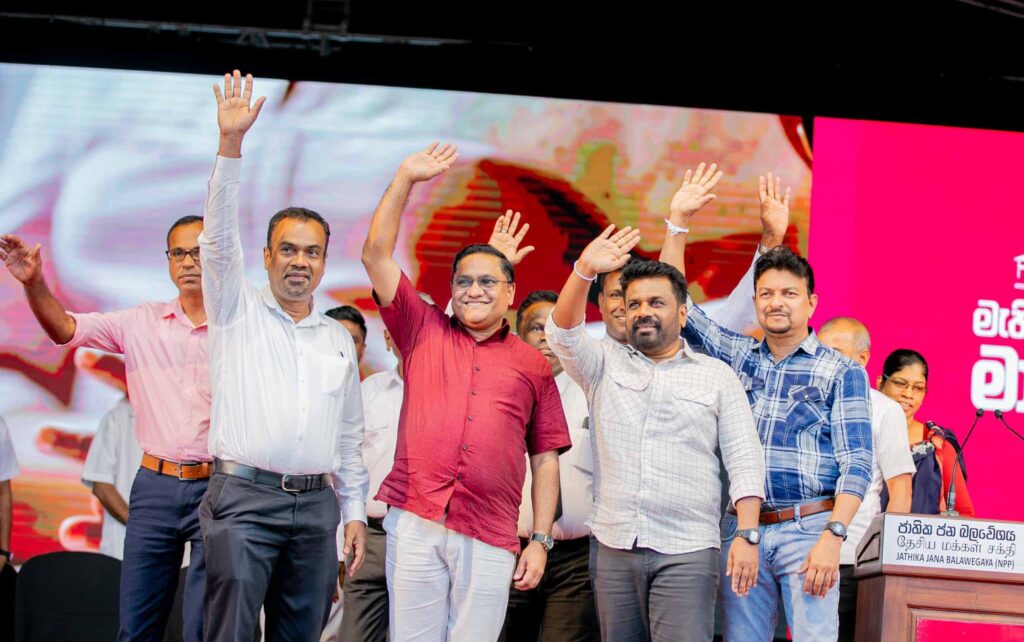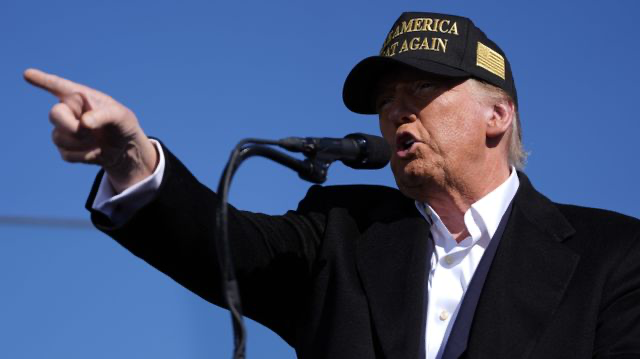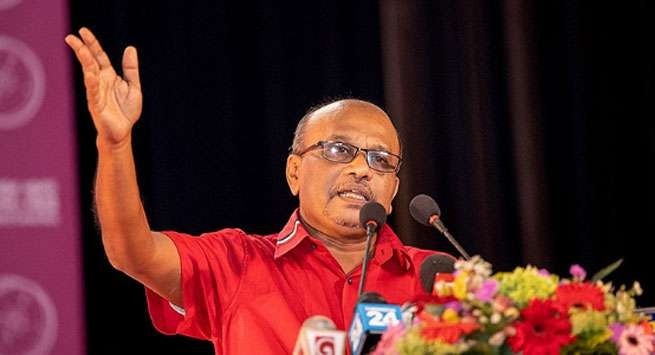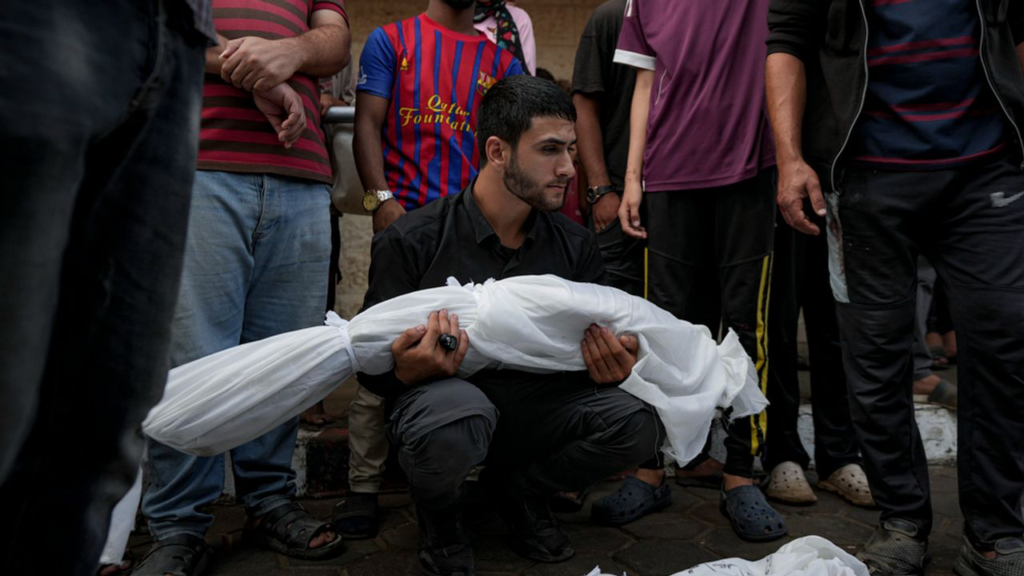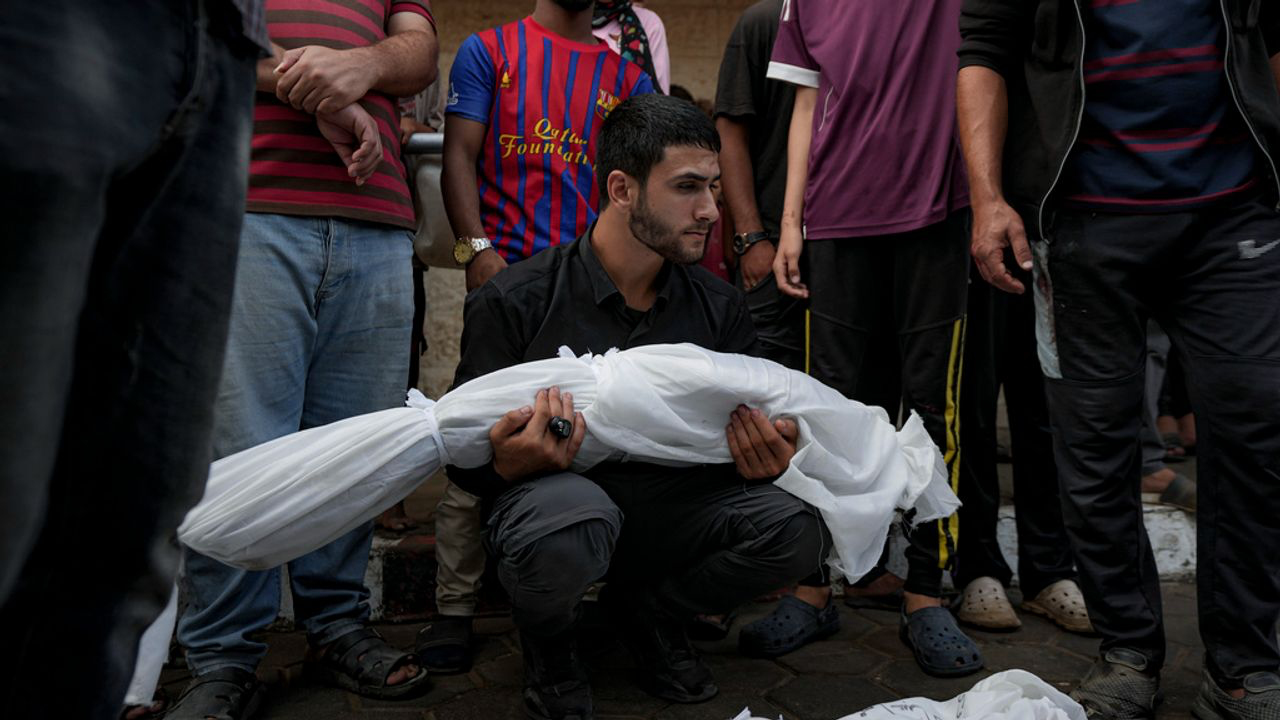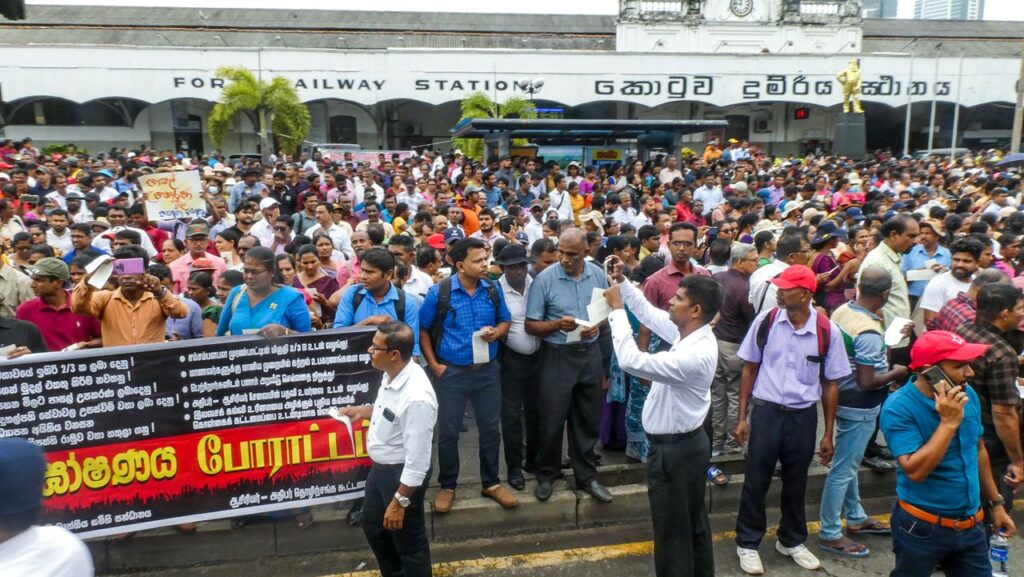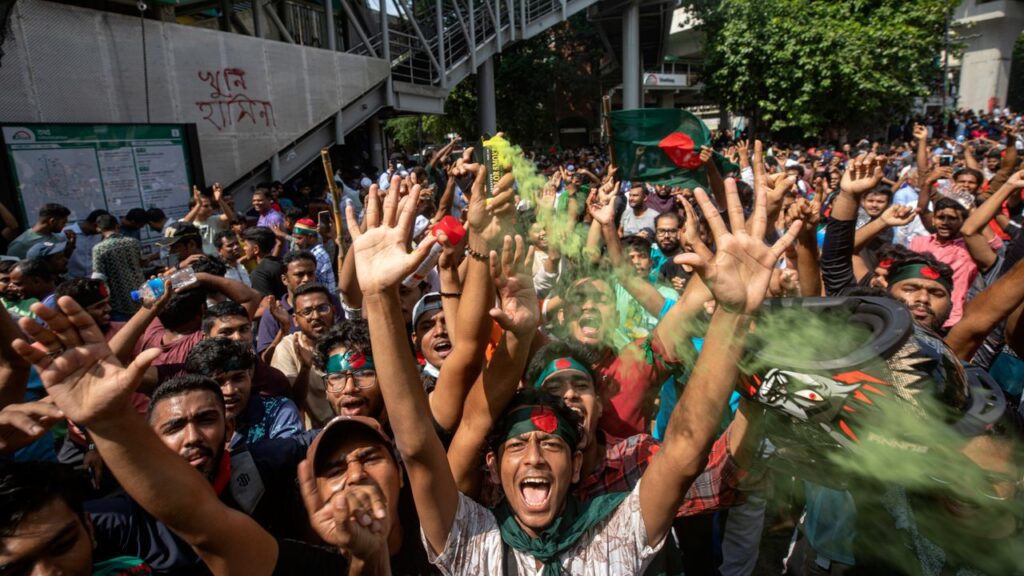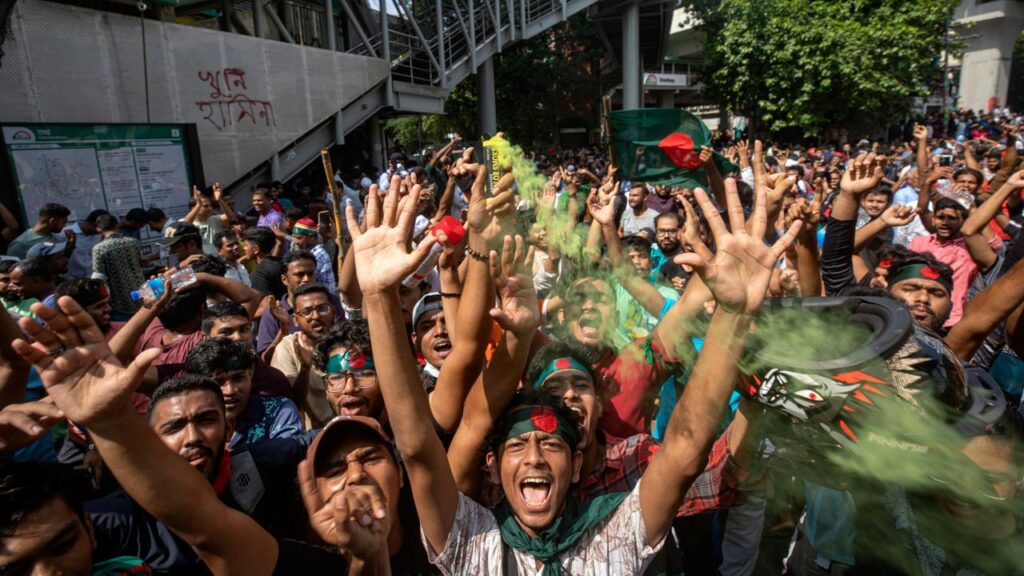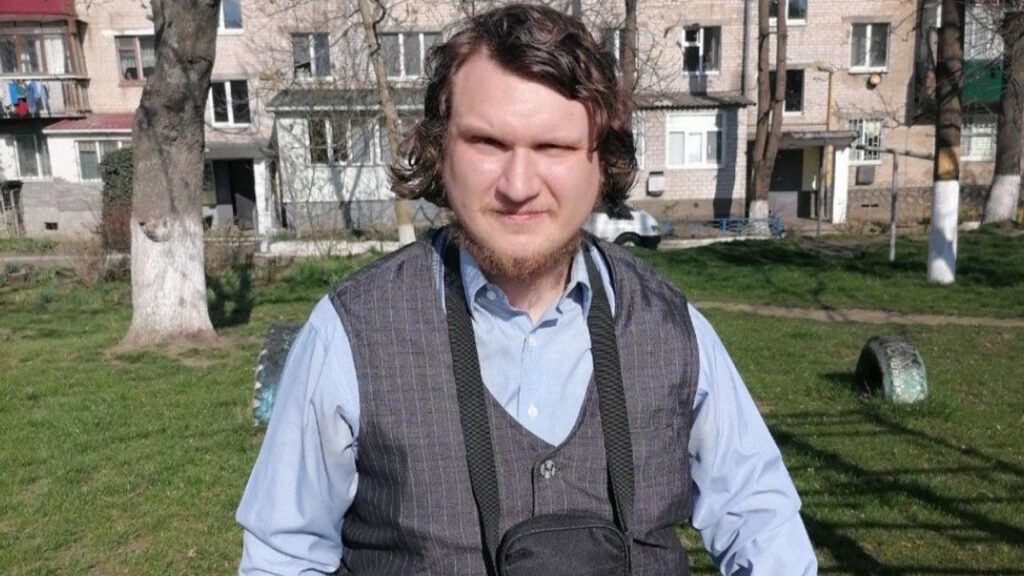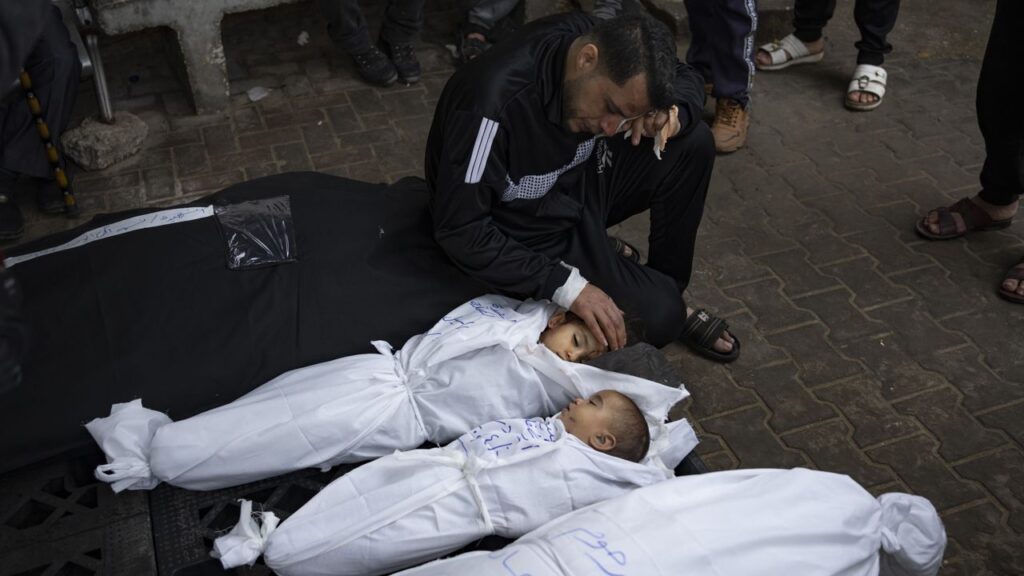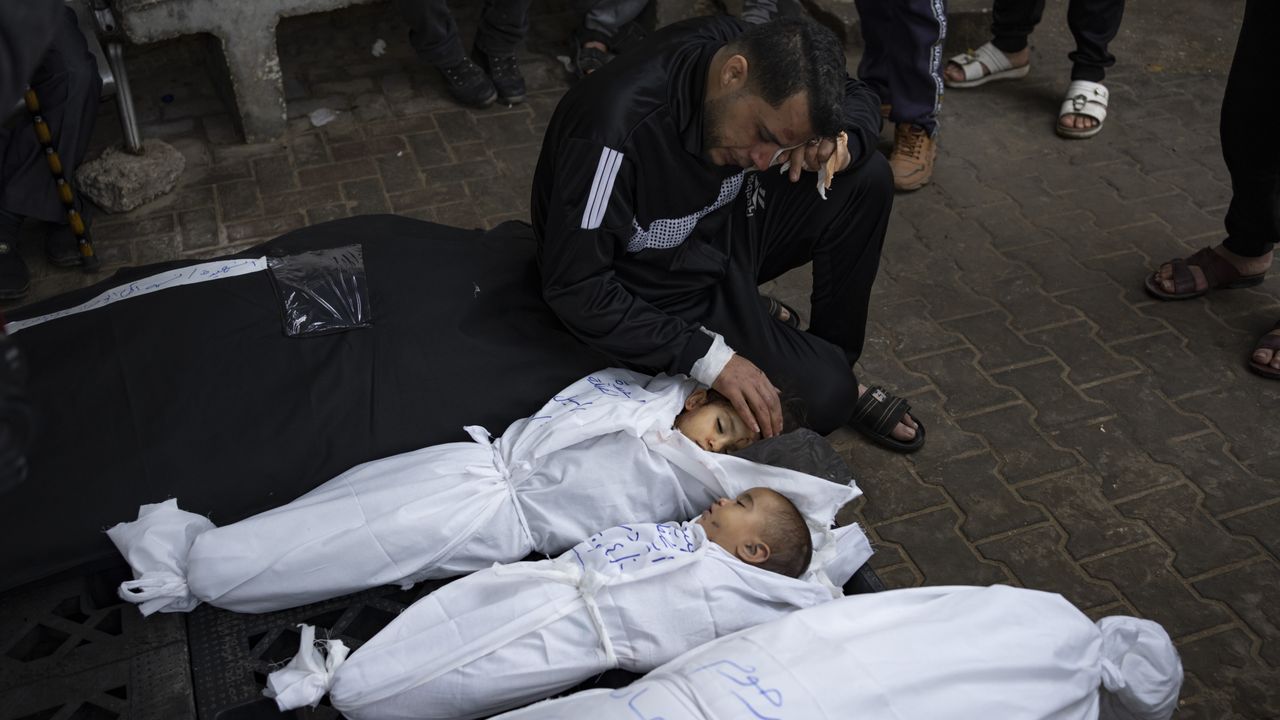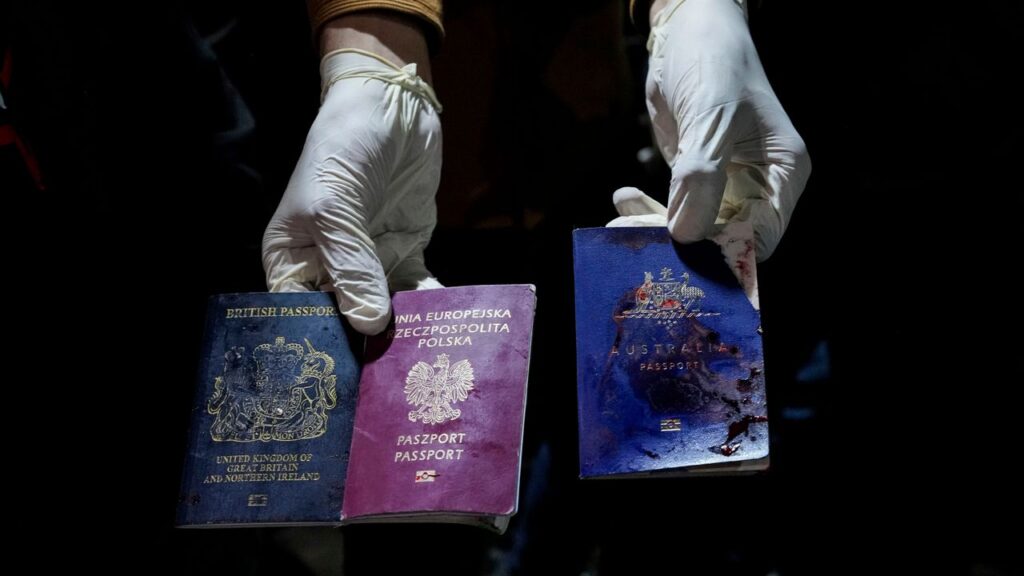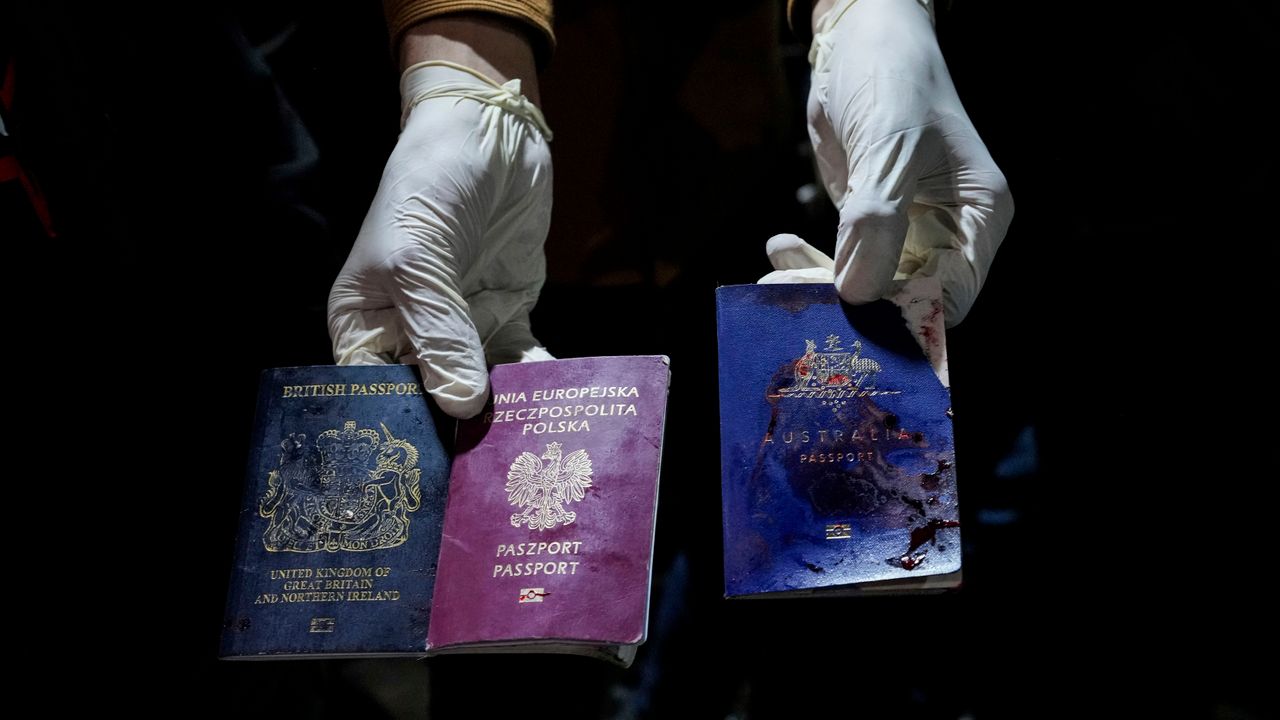Sri Lanka’s ruling NPP secures a strong parliamentary majority to enforce IMF dictates: Build the SEP to fight the cuts!
Statement of the Socialist Lead of Sri Lanka and South Asia (SLLA), the Revolutionary Left Faction (RLF) of the Socialist Equality Party (SEP) of Sri Lanka.
Sri Lanka’s general election concluded with a landslide victory for the ruling National People’s Power (NPP), which secured more than a two-thirds majority in Parliament. The NPP is a coalition consisting of the anti-Marxist Janatha Vimukthi Peramuna (JVP), the party of the Executive President Anura Kumara Dissanayake, who was elected in the September elections. The result highlights the centripetal power of the executive presidency, which has been central to Sri Lanka’s capitalist rule since the adoption of the 1978 Constitution.
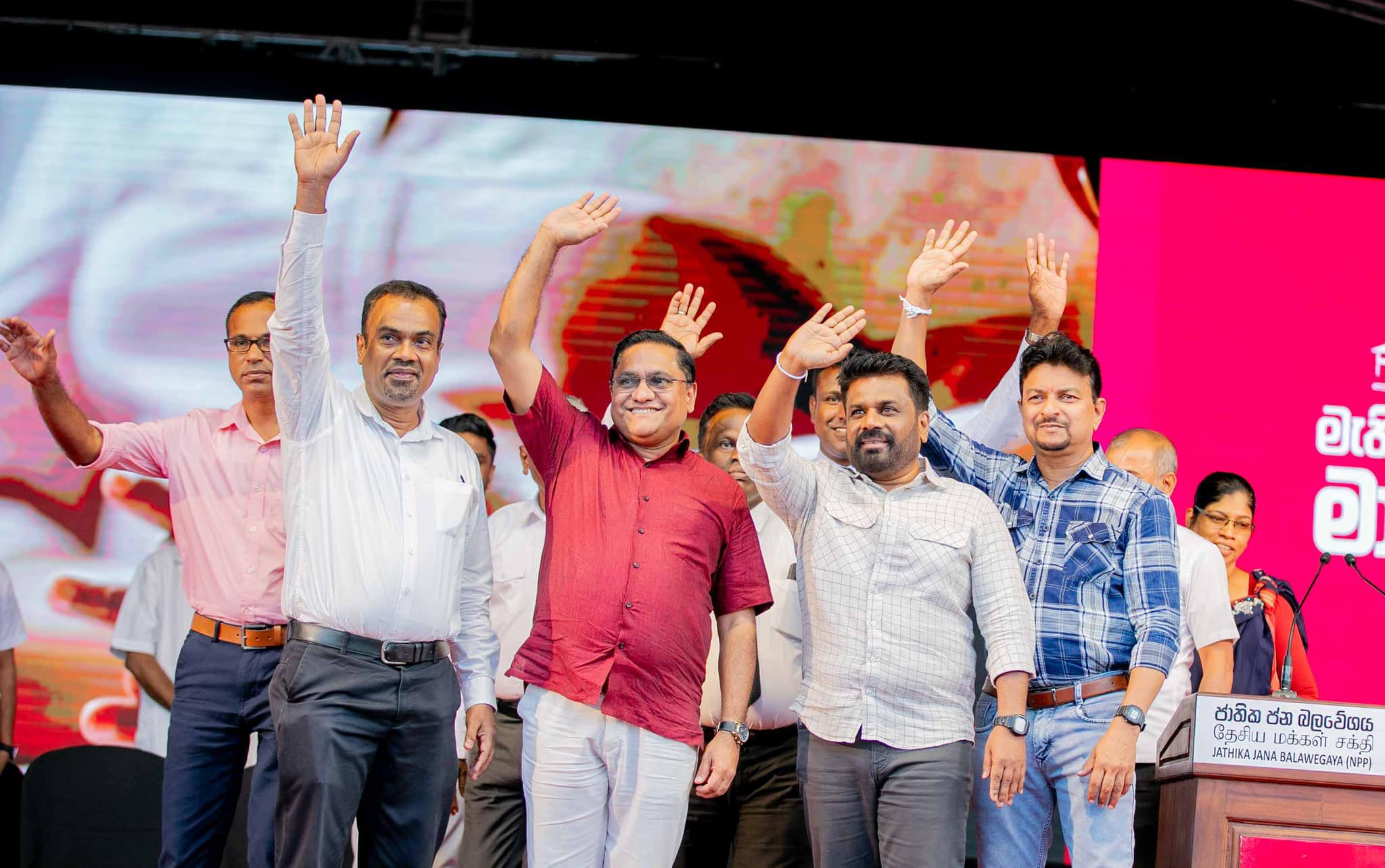
Over six million people have opted to vote for the NPP, which is what they viewed as the most pragmatic choice within the country’s presidential-parliamentary system. This decision reflects the people’s choice for a “stable government,” a slogan promoted by the NPP, and was driven by their past experiences of political instability caused by factional conflicts between the interests of a president and a parliament dominated by a different party. People have expressed a preference for a strong NPP government over a strong or “changed” opposition, as no political alternative was presented by the right-wing opposition parties.
The SLPP-UNP (Sri Lanka Podujana Peramuna-United National Party), the previous ruling coalition, and the SJB (Samagi Jana Balawegaya), the former opposition, were thoroughly discredited in the eyes of the electorate. Largely an expression of mass protest over the parasitic elite class that had long ruled the country, people converted the general elections into a platform to translate the 2022 mass struggle’s slogan, “No to the 225” (referring to the 225 members of parliament), into action. The NPP capitalized on this sentiment, framing it as a call for a “cleansing” of Parliament.
However, in spite of all the false promises and popular rhetoric of Dissanayake, the election result does not necessarily indicate widespread trust in the NPP leadership. JVP has a history of partnering with various governments of the capitalist elite since early 1990s, when they entered into parliamentary politics, and supporting their austerity and anti-democratic measures. JVP leaders held ministerial portfolios under former president Chandrika Kumaratunge and fervently supported the renewed communal war of former president Mahinda a Rajapaksa against the country’s Tamils in the North and East, which ended with a massacre of an estimated 40,000 Tamils during the final phase of the war.
During the elections, the NPP/JVP leadership barred their largely unknown candidates from campaigning for preferential votes, promoting only those the leadership clique has chosen, and claiming that people are encouraged to vote for the party rather than the individuals. The party sought to persuade the people that it would establish a “government of the people” and of all ethnicities. This posture is deceptive.
The working class, the urban middle class, peasants, small traders, and youth were largely led by the NPP leadership into believing that there was no solution to reviving Sri Lanka’s economy other than implementing the dictates of the International Monetary Fund (IMF). The NPP/JVP leaders sought to keep the people in the dark over the real implications of this pro-market program: sweeping austerity, renewed commercialization and privatization, shrinking wages, and the suppression of workers’ strikes – measures that the working people rejected under the government of the previous president, Ranil Wickremasinghe. Dissanayake, too, will rely on dictatorial presidential powers, a parliamentary majority, the courts, the prison system, and the military to suppress workers’ struggles.
Dissanayake and his circle within the NPP/JVP have undertaken the task of salvaging the capitalist economy, which was declared bankrupt in early 2022. Once the NPP government is established, it is poised to function as a right-wing and communalist administration aligned with international financial capital and as a subservient partner to American imperialism in its geopolitical conflicts with China, Russia, and Iran in the Middle East. Dissanayake has already signalled his willingness to collaborate with U.S. interests, even expressing support for the fascistic U.S. President-elect Donald Trump, who has trade and military plans for war with China, and approved actions of the Zionist Israeli government of Benjamin Netanyahu, which is waging a genocidal war against Palestinians in Gaza and the West Bank, backed by all Western imperialist powers.
The election also has highlighted the bankruptcy of the programme advanced by the pseudo-left Front Line Socialist Party (FSP), a faction of JVP which broke away in 2012 on purely tactical grounds. The FSP was one of the main stakeholders in the betrayal of the unprecedented mass struggles of 2022, which demanded a “system change”. Staunchly opposed to the independent mobilisation of the working class against the ruling class to take power and implement socialist policies, the FSP supported an interim government proposed by JVP and opposition SJB and campaigned under the slogan of a “power outside the parliament”. Taking a pragmatic turn during the general elections, the FSP called for a “changed opposition”, seeking representation in the parliamentary opposition, while cynically portraying the election of the JVP leader as a fulfilment of the demand of the mass struggles.
In the North and the central hills, the Tamil minority largely voted for the NPP. In the Jaffna District, where Sri Lankan Tamils are the majority, NPP presidential candidate Dissanayake secured only a 7.29% of the votes (27086) in the presidential elections, while in Thursday’s elections the same people propelled the NPP to the top, giving it 24.85% of the votes (80830). This increase of votes partly reflects their discontent with Tamil communalist parties, which were cohabiting with the Sinhala chauvinist governments of the South for decades, and failed to fulfill their promises. Nevertheless, this vote does not signify approval for the chauvinist politics of the JVP, but rather a misguided response to Dissanayake’s false promises and vague threats of marginalization.
Likewise, in many parts of the country, minority Muslim communities also have placed their hopes in the promises of the new government, only to be bitterly disillusioned sooner rather than later.
Throughout the last two elections, all the political parties, including the JVP/NPP, FSP, SJB, and various communal parties, were dedicated to misleading the people by focusing on the issues of corruption, mismanagement, or communalism in successive governments, while concealing the global and class roots of the socio-economic crisis. As a class, they were also careful to distract the working people from pressing global geo-political issues: the imminent threat of nuclear war, the genocide in Gaza, the rise of fascism and dictatorship, and the deepening economic crisis in the major capitalist countries in Europe, in USA, and China and the impending health and environmental catastrophe.
The working class will find no solace in the NPP government, which has no connection to Socialist reforms, contrary to the false portrayals by local and international media outlets. With sweeping political power in the parliament, the NPP/JVP government will not hesitate to enact laws curtailing the democratic rights of the working class, including their right to strike. Beyond the traditional mechanisms and methods of state oppression used by successive governments, including communalism, the NPP government will wield two more tools of its own: the trade union bureaucracy and the well-networked petty-bourgeois elements of NPP/JVP, prevalent in the country’s rural and urban areas. These forces could be mobilized as fascistic forces against political opponents and the working class, replicating their dark history of the late 1980s. This is a stark warning to the working class.
The world has entered an epoch of nuclear war, dictatorship, fascism and austerity – global issues that workers in countries are confronted with and will be determined to fight against. The everyday problems faced by the people of Sri Lanka and the region are not fundamentally homemade but stem from the contradictions of the global imperialist system, led by the US financial aristocracy. These issues are global and need international solutions.
The people of the world, including those in Sri Lanka and South Asia, need a mass party of the international working class to lead them against the imperialist system and mobilise their industrial power to win political control from the capitalist class, in order to reorganize the global economy along socialist lines. Establishing independent workers’ committees against the trade union bureaucracy affiliated with the NPP/JVP, other right-wing political parties and the pseudo-left, and uniting these committees democratically across national divisions and international borders is the task before the working class, youth and the oppressed masses today.
It was only the International Committee of the Fourth International (ICFI) and its Sri Lankan section, the Socialist Equality Party (SEP) of Sri Lanka, that advanced and campaigned for this programme during the elections. To fight for this programme – against austerity, danger of dictatorship, war, and fascism and for socialist policies – the SEP must be built as the mass revolutionary party of the workers of Sri Lanka and the region.

